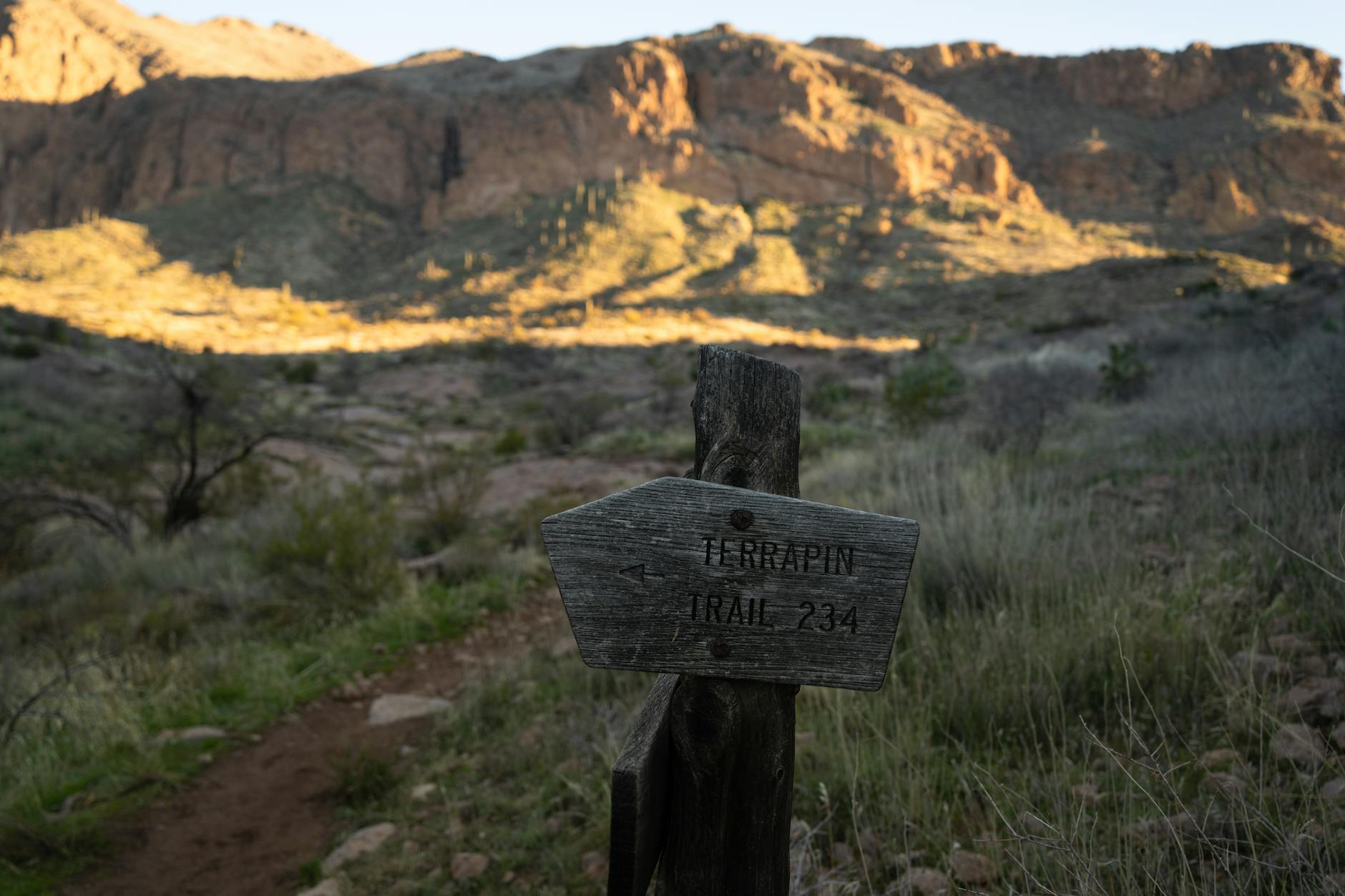How to Harness Australian Expertise for Successful Arctic Exploration

Understanding Arctic Challenges
The Arctic region presents a range of formidable obstacles that require a nuanced understanding. As an experienced climate researcher from the Australian Antarctic Division, I draw parallels between the Arctic and our Australian research environments, particularly focusing on the unique conditions one encounters during an expedition.
Severe Weather Conditions
Weather in the Arctic is notoriously unpredictable, with temperatures plummeting rapidly and storms appearing with little warning. Advanced scientific forecasting techniques, similar to those utilised by the University of Tasmania's Institute for Marine and Antarctic Studies, play a crucial role in preparing for these harsh environments. Failure to anticipate such weather changes could have serious implications for both safety and research integrity.
Navigating Uncharted Territories
The Arctic comprises vast, often uncharted, terrains that can pose significant navigational challenges. Like the research conducted at Hobart's Antarctic Research Centre, cutting-edge technology is essential for successfully mapping and traversing these regions. Utilising satellite imagery and GPS technologies similar to those used in a south africa safari can offer critical insights, aiding researchers and explorers alike in their quest to demystify this remote locale.
Environmental Preservation Concerns
Preserving the Arctic's fragile ecosystem is vital. Lessons learned from environmental conservation efforts in places like Botswana's conservation-focused botswana safari serve as a model for responsible exploration and can guide strategies in maintaining the delicate balance necessary for both conservation and research. Engaging with local communities and scientists at Sullivan's Cove scientific gatherings can further illuminate strategies for ethical and effective environmental preservation in these Arctic frontiers.
Leveraging Australian Skills
Innovative Research Techniques
In the realm of scientific forecasting, Australia's expertise shines through advanced research methodologies that resonate with those in Hobart's Antarctic Research Centre. These techniques are instrumental when planning exploration initiatives, such as trips to the astonishing realms of the Arctic. For newcomers like those considering Galapagos tours, crafting an effective and enriching itinerary can initially appear daunting. However, employing thorough research methods does not only alleviate the stress of planning but also enhances the richness of the journey.
Pioneering Safety Practices
As any seasoned climate researcher from the Australian Antarctic Division will attest, ensuring safety in extreme environments is non-negotiable. This extends to adventurous travels like Galapagos Islands tours, where the unpredictable nature of the terrain demands rigorous adherence to safety. Australian-developed safety protocols, often discussed at Sullivan's Cove scientific gatherings, have set a benchmark that can be adapted for diverse destinations. These procedures are particularly valuable when exploring secluded areas where environmental conditions can be as unpredictable as they are breathtaking.
Sustainable Resource Management
Australia's commitment to sustainable resource management is vital for balancing exploration with ecological preservation, a perspective well-appreciated by mid-career scientific researchers and environmental advocates. The integration of these practices into travel planning, whether for Arctic expeditions or ventures closer to home, ensures the minimisation of ecological footprints. By implementing strategies that suggest sustainable accommodation and travel options, one's explorations can contribute to environmental protection rather than detract from it. This approach keeps the traveler aligned with the principles embraced by institutions like the University of Tasmania's Institute for Marine and Antarctic Studies.
Preparing for Arctic Conditions
Essential Equipment and Gear
Venturing into the Arctic demands nothing short of the finest equipment, akin to what seasoned explorers might utilise on gorilla trekking Uganda excursions or Patagonia tours. As an experienced climate researcher, I cannot stress enough the importance of relying on cutting-edge gear tailored to withstand the harsh climate. Your toolkit should ideally encompass insulated clothing, advanced navigational devices, and reliable communication systems. It’s paramount to select gadgets that can perform even in the sub-zero temperatures and relentless winds that define the Arctic experience.
Training and Skills Development
Equally crucial is thorough training in both physical endurance and technical proficiency. Programs focusing on survival strategies can make a significant difference, amplifying your ability to handle unforeseen circumstances. Skills development should emphasise the practical application of scientific forecasting tools to anticipate and respond to climate fluctuations. Engaging with institutions like the University of Tasmania's Institute for Marine and Antarctic Studies or Hobart's Antarctic Research Centre can provide invaluable insights and resources.
Health and Safety Protocols
Ensuring robust health and safety protocols is non-negotiable. A seasoned explorer would recommend regular fitness assessments and mental resilience training to handle the pressures of isolated terrains. Devising a comprehensive health plan, inclusive of cold-weather preparedness and emergency evacuation strategies, can safeguard your well-being. Consider collaborating with experts from Sullivan’s Cove scientific gatherings to refine these measures, ensuring your readiness to face the Arctic's unforgiving landscapes.
Implementing Australian Strategies
Case Studies from the Outback
In exploring how Australian strategies can be effectively applied to Arctic exploration, it's insightful to reflect on the challenges faced in Australia's own harsh environments. The Outback, with its unique and severe weather conditions, offers valuable lessons. Much like a kenya safari, where understanding the terrain and wildlife is crucial, navigating the Outback requires a deep comprehension of the local ecosystem. Case studies from Sullivan's Cove scientific gatherings demonstrate that success often comes from leveraging innovative techniques honed in similar challenging landscapes. Researchers have managed to adapt solar-powered sensors designed for Outback conditions to track melting ice patterns in polar climates.
Transferable Technological Advancements
Technological advancements that have been cultivated within Australian research institutions, such as those seen at the University of Tasmania's Institute for Marine and Antarctic Studies, play a pivotal role. Innovative resources adapted from the realm of south america travel like GPS tagging and drone surveillance are increasingly utilised to monitor changes in remote Arctic environments. These tools help gather critical data efficiently, leading to more precise scientific forecasting. Moreover, technologies initially intended for tracking wildlife in Australia’s vast outback can be repurposed to observe migration patterns among Arctic species, thus enhancing our understanding of these fragile ecosystems.
Collaboration with Indigenous Knowledge
Incorporating Indigenous knowledge into scientific exploration provides invaluable insights. Collaborating with Indigenous communities has proven beneficial in managing Australia's natural resources sustainably. Learning from Indigenous Arctic communities, as we have from Australian Aboriginal groups in managing land, ensures that exploration is culturally respectful and environmentally conscious. This exchange of knowledge fosters a holistic approach essential for any scientific expedition in extreme climates.
Common Mistakes in Arctic Exploration
Climate Extremes Underappreciated
In the realm of Arctic exploration, underestimating climate extremes can result in devastating setbacks. The Antarctic environment, well-studied by institutions like the University of Tasmania's Institute for Marine and Antarctic Studies, offers profound insights that are critical to navigating similar conditions in the Arctic. One must grasp the severity of temperature fluctuations and unpredictable weather patterns. These factors necessitate robust forecasting models that draw on data gathered from Hobart's Antarctic Research Centre and other scientific outposts. Failure to consider these dynamics can jeopardize missions, underscoring the necessity of rigorous preparation.
Planning and Resources Mismanaged
Improper planning and resource allocation often spell disaster. Strategic foresight is vital, particularly considering the unique environmental demands of the polar regions. Collaborations, such as those held at Sullivan's Cove scientific gatherings, emphasise the importance of thoughtful logistics and supply chain management. Whether it’s the procurement of emergency drinking water suppliers or technologically advanced gear, every detail counts. Equally, sustainable practices must underpin these plans to ensure long-term viability without ecological harm.
Overlooking Indigenous Perspectives
Ignoring local expertise and wisdom is a common error that undermines exploration efforts. Indigenous knowledge, honed over centuries, offers unparalleled insights into the Arctic's delicate ecosystem. This expertise, often showcased in collaborative activities with researchers, is invaluable. It informs navigation, ecological understanding, and plastic pooled raft sustainability, providing a holistic view that scientific data alone cannot replicate. By integrating indigenous perspectives, explorers stand better equipped to undertake successful and respectful Arctic ventures.


